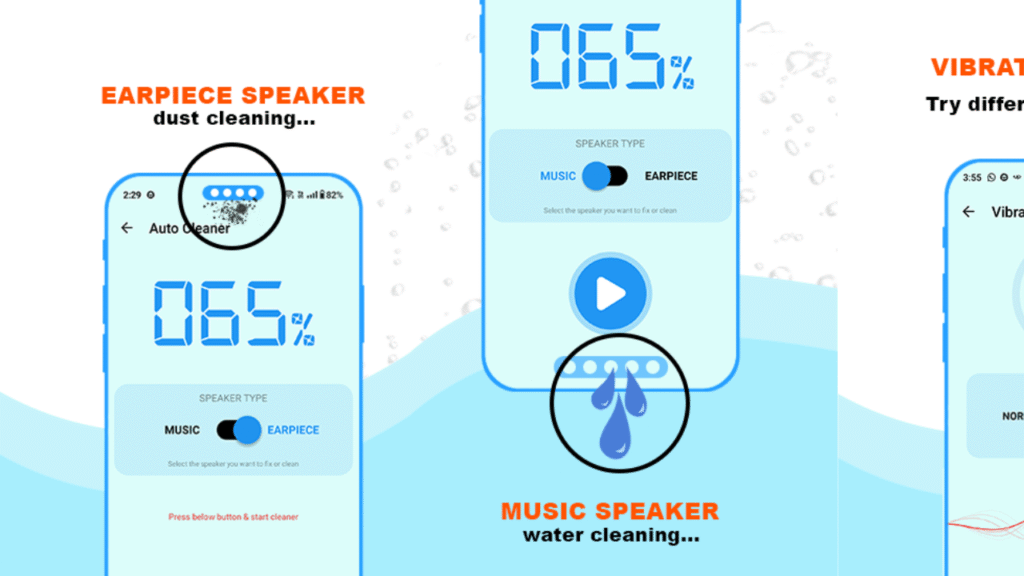Family floater health insurance is a favored option for families seeking a single policy that covers all members under one total insured amount. This policy offers financial protection against medical costs and is generally more affordable than individual health plans. Below is a comprehensive overview of its features, advantages, disadvantages, and important factors to consider before making a purchase.
What is Family Floater Health Insurance?
Family floater health insurance is a health insurance plan where several family members share a single sum insured. This allows any covered member to claim medical expenses up to the total insured amount. Instead of having separate policies for each person, a family floater plan offers coverage for everyone, making it easier to manage and lowering premium expenses.

Advantages of Family Floater Health Insurance
Family floater health insurance is a favored option for families because of its affordability and adaptability. Here are the main benefits of choosing a family floater plan:
Affordability Compared to Individual Plans – A family floater policy is generally less expensive than purchasing separate health insurance for each family member. Since the coverage amount is shared among all members, the total premium is lower than the sum of individual policies.
Broad Coverage – Most family floater plans provide extensive benefits, including costs for hospitalization, pre- and post-hospitalization expenses, daycare treatments, ambulance fees, and sometimes maternity benefits.
Cashless Treatment Options – Insurers partner with network hospitals to offer cashless treatment for policyholders. This means no upfront payments are required, lessening financial strain during medical emergencies.
Easier Policy Management – Handling a single policy is simpler than managing several individual ones. A family floater plan minimizes the complexity of renewing multiple plans and tracking various premium payment dates.
Extra Benefits and Add-ons – Many insurers provide additional options such as maternity coverage, critical illness protection, and wellness programs, enhancing the policy’s value and offering further security for the family.
Flexible Usage – The coverage can be utilized by any family member according to their medical requirements. This is particularly helpful if one member needs significant medical care, allowing them to access the full amount of coverage if necessary.
Coverage for Dependents – Family floater plans typically include the policyholder, spouse, and dependent children. Some insurers also allow coverage for parents and in-laws, making it an attractive option for broader family protection.
Higher Coverage for Younger Families – As premiums are based on the age of the oldest member, younger families with kids can secure a higher coverage amount at a lower premium compared to older adults.
Tax Advantages – Premiums paid for a family floater health insurance plan are eligible for tax deductions under Section 80D of the Income Tax Act, enabling policyholders to save on taxes.
Who is Eligible for Family Floater Health Insurance?
Family floater health insurance aims to cover several family members under one policy. The eligibility criteria can differ among insurance companies. Here are the common requirements:
Primary Policyholder (Proposer)
- The proposer must be between 18 and 65 years old, depending on the insurer.
- Must be an Indian citizen or resident.
- Should have a reliable income to pay the premium.
Eligible Family Members
A family floater plan usually includes:
- The policyholder
- Spouse (legally married partner)
- Dependent children (typically up to 25 years old)
- Parents and parents-in-law (some insurers allow this)
- Siblings (some policies may cover financially dependent siblings)
Age Criteria
- Adults: 18 to 65 years (varies by insurer; some may cover those above 65 at higher premiums)
- Children: Newborns can be included after 90 days, and dependent children are generally covered until they reach 25 years.
- Senior Citizens: If the oldest family member is a senior citizen, premiums may increase; some insurers may recommend a separate plan for seniors instead of a family floater.
Medical Tests and Pre-Existing Conditions
- Insurers might require medical examinations for older applicants (usually over 45) before providing a policy.
- Pre-existing conditions may be covered after a waiting period, typically between 2 to 4 years.
Exclusions Under Family Floater Health Insurance Policy
A family floater health insurance plan provides broad coverage, but there are specific exclusions — medical expenses that the policy does not cover. These exclusions can differ among insurers but typically include the following:
Pre-Existing Conditions (Waiting Period) – Pre-existing conditions are only covered after a waiting period, which usually lasts between 2 to 4 years, depending on the insurer. Conditions like diabetes, hypertension, and asthma may require a longer waiting time.
Cosmetic and Aesthetic Procedures – Costs related to plastic surgery, cosmetic treatments, or weight loss procedures are not covered unless deemed medically necessary due to an accident or surgery.
Dental, Hearing, and Vision Care – Routine expenses for dental care, hearing aids, and vision issues are not covered unless needed due to an accident or injury. Procedures like LASIK are generally excluded.
Congenital and Genetic Conditions – Many policies do not cover certain congenital diseases (birth defects) and genetic disorders.
Alternative Therapies – Most insurers do not cover homeopathy, Ayurveda, naturopathy, or other alternative treatments unless specified under AYUSH coverage.
Specific Waiting Period Exclusions – Some conditions, such as hernias, cataracts, knee replacements, and gallstones, might have a waiting period of 1 to 2 years, regardless of whether they are pre-existing.

Maternity and Newborn Coverage (Unless Add-On is Taken) – Most standard policies do not include maternity expenses, childbirth, or complications from pregnancy. Coverage for newborns may not be available unless an additional rider is added.
Infertility and Assisted Reproductive Services – Treatments like IVF, surrogacy, or other fertility services are typically excluded from standard family floater policies.
War, Nuclear Accidents, and Terrorism – Injuries or illnesses related to war, nuclear incidents, or terrorism are not covered.
Self-Harm and Substance Abuse – Treatment for self-inflicted injuries, suicide attempts, or injuries related to substance abuse is excluded.
Adventure Sports and High-Risk Activities – Medical expenses arising from participation in high-risk activities such as skydiving, paragliding, or racing are excluded.
OPD Visits and Diagnostic Testing – Regular doctor appointments, health check-ups, and diagnostic tests without hospitalization are not covered unless the policy specifically includes them as an add-on.
Conclusion
Family floater health insurance offers a sensible and budget-friendly solution for families needing extensive medical coverage. It is important to select a policy that fits the family’s health requirements, taking into account aspects like the insured amount, the ages of family members, and the policy conditions. By choosing wisely, families can secure their finances and obtain quality healthcare in times of medical emergencies.






